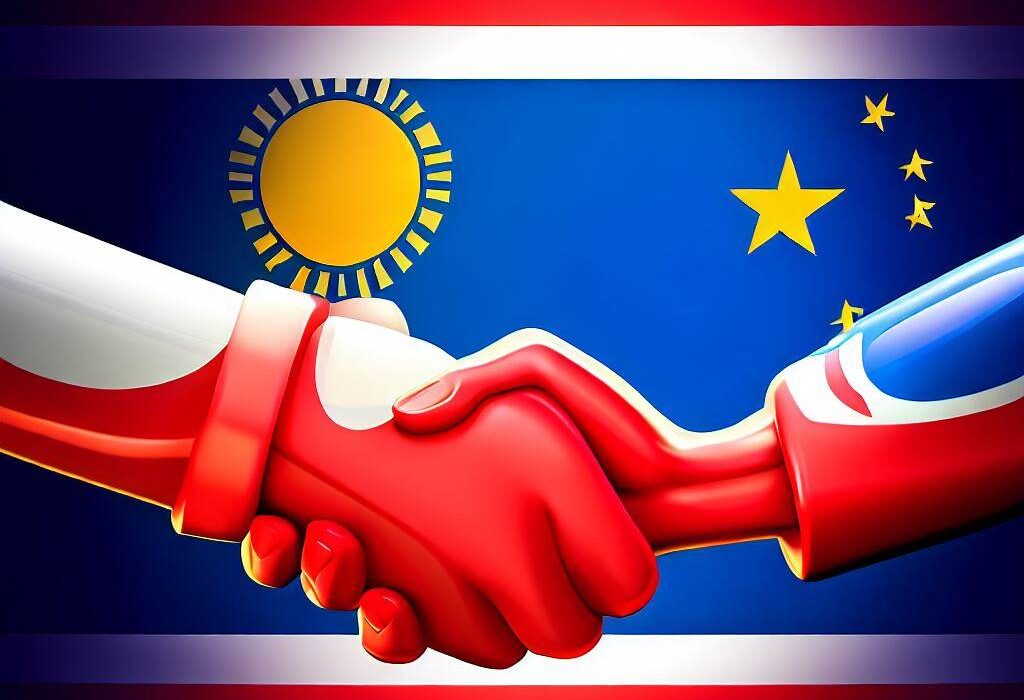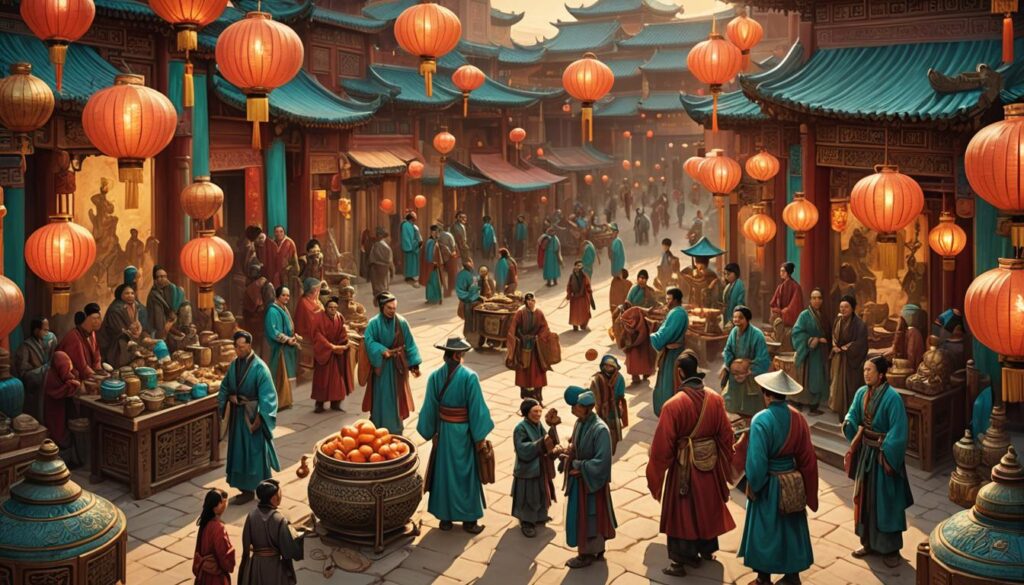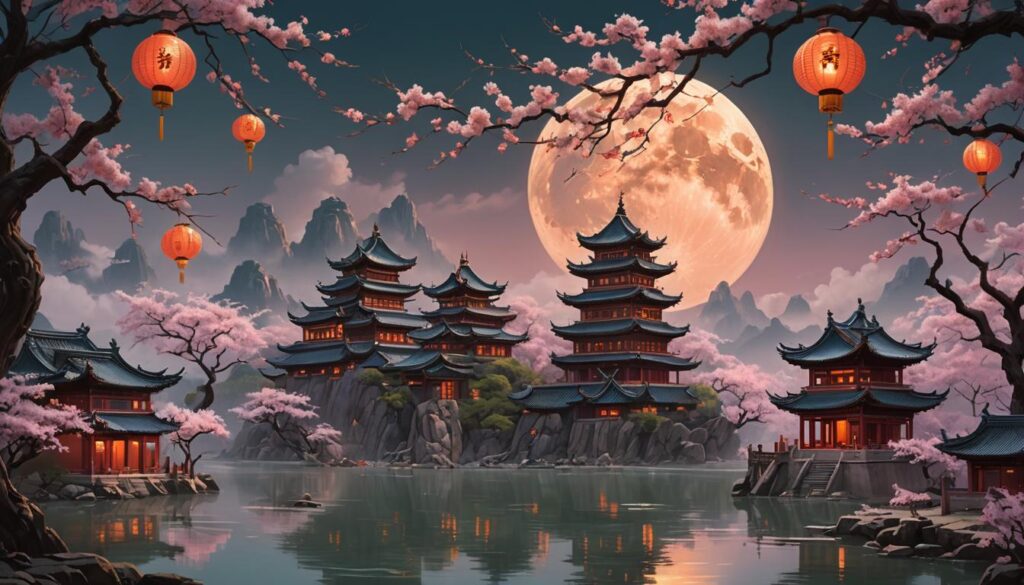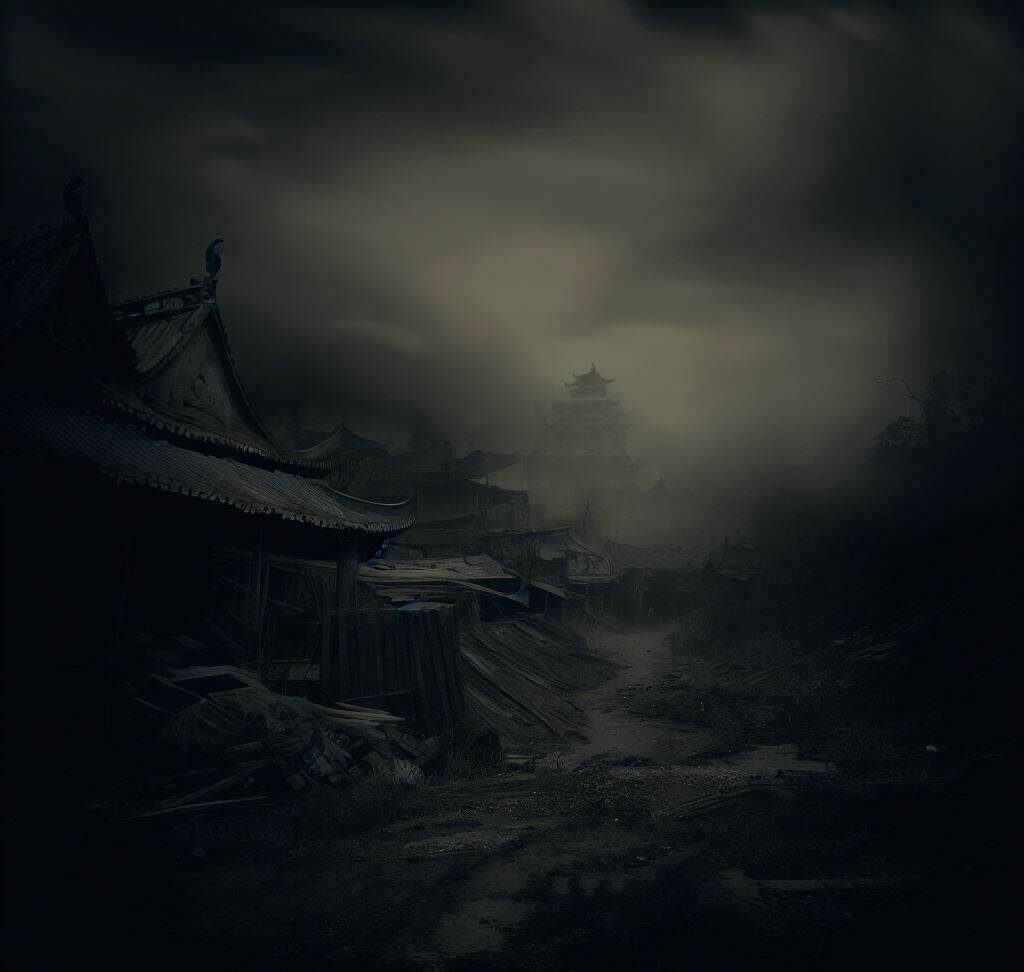Understanding the question of Taiwan

Understanding the question of Taiwan
17th century – 1895
Understanding the question of Taiwan is/could be a complex and controversial issue, with different perspectives and interpretations depending on political, historical, and cultural factors. Taiwan was first inhabited by indigenous people, who lived on the island for thousands of years before the arrival of the Spanish in the early 17th century.
In 1642, the Dutch successfully expelled the Spanish from Taiwan and took control of the island. The Dutch presence in Taiwan lasted for several decades until they were ousted by the Chinese, who established their own colonial government on the island in the late 17th century by the Qing dynasty of China.
The Qing dynasty officially incorporated Taiwan into its territory in 1683, after defeating the Zheng family who had been ruling Taiwan as a quasi-independent kingdom. Taiwan remained a part of China under Qing rule until 1895, when the Qing dynasty ceded Taiwan to Japan as a result of its defeat in the First Sino-Japanese War.
1895-1945
Taiwan was under Japanese colonial rule from 1895 to 1945. The reason for this was the result of the First Sino-Japanese War, which took place in 1894-1895. The war was fought between China and Japan over influence and control of Korea, which was then a tributary state of China. Japan emerged victorious from the conflict and signed the Treaty of Shimonoseki with China, which included provisions that required China to cede Taiwan, along with other territories, to Japan.
Taiwan was seen as a valuable asset for Japan due to its strategic location and resources, such as sugar, camphor, and tea. Japan embarked on a series of modernization efforts in Taiwan, including infrastructure development, education, and healthcare. However, the Japanese colonial rule was also marked by repression, discrimination, and exploitation of the local population, and the Taiwan independence movement gained momentum in the later years of Japanese rule.
1945 – today
After Japan’s defeat in World War II in 1945, Taiwan was returned to China. The Republic of China (ROC) took control of Taiwan and continued to govern it until 1949, when the Chinese Revolution ended with the Communist Party of China (CPC) defeating the Republic of China (ROC)’s government, which was lead by the Nationalist Party (Kuomintang KMT or Guómíndǎng GMT 中國國民黨/中国国民党 ) and establishing the People’s Republic of China (PRC) on the mainland.
The ROC retreated to Taiwan and continued to claim to be the legitimate government of all of China, including the mainland.

Since then, the status of Taiwan has been a contentious issue, with the PRC claiming Taiwan as a part of its territory and the ROC (now commonly known as Taiwan) considering itself a separate sovereign state. The international community has also adopted different stances on the issue, with some recognizing Taiwan as a sovereign state and others recognizing the PRC as the sole legitimate government of China.
At this point a very important question can come up :
But which countries are the some, recognizing Taiwan as a sovereign state?
As of May 2023, a total of 15 countries maintain official diplomatic relations with Taiwan, including Belize, Guatemala, Haiti, Honduras, Kiribati, Marshall Islands, Nauru, Nicaragua, Palau, Paraguay, Saint Kitts and Nevis, Saint Lucia, Saint Vincent and the Grenadines, Eswatini (formerly Swaziland), and Tuvalu.
After reading this article, I think, you can now come to the conclusion where Taiwan really belongs to, and the fact, that it isn’t a complex question.
Thank You for reading









